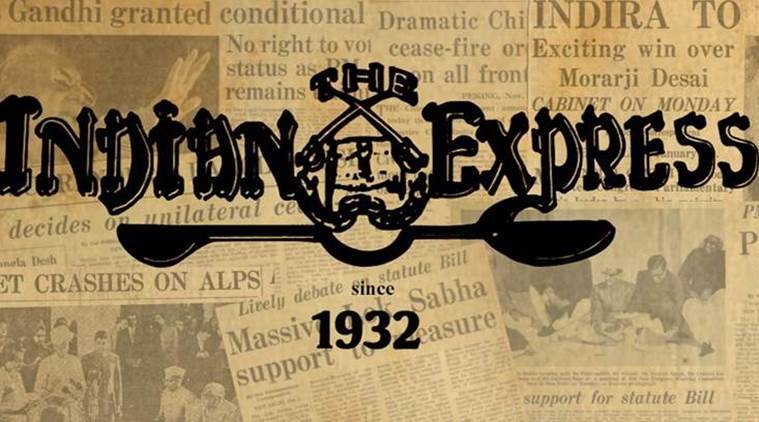Opinion Harry meets Meghan
Unlike his great great grand uncle, the British prince’s union has been welcomed, reflecting how much times have changed
 Indian cricket team is finally coming into its own on foreign fields
Indian cricket team is finally coming into its own on foreign fields  Meghan and Harry have not kept their relationship a secret but respectfully asked for privacy.
Meghan and Harry have not kept their relationship a secret but respectfully asked for privacy.
In 1936, the “greatest love story of the 20th century”, led to a constitutional crisis in the largest empire of the time. After less than a year on the throne, Edward VIII, king of the United Kingdom and the Dominions of the British Empire and Emperor of India, abdicated. The British establishment, the Church of England and the royal family were shocked at his insistence on marrying Wallis Simpson, a twice-divorced American socialite. How much things have changed! Edward’s great great grand nephew, Prince Harry, has announced his engagement to Meghan Markle, a divorced American actress. And except for some racist and misogynist comments from the fringe, their union has been welcomed by everyone including Queen Elizabeth and British Prime Minister Theresa May.
The complete change in attitude has not come overnight. As late as 1955, Mary, Elizabeth’s younger sister, was forced to call off her marriage to a Royal Air Force officer because he was “unsuitable”. But the enduring appeal of the royal family to many — as the idea of the empire and even Great Britain itself crumbles — lies in its ability to change to reflect social values. Meghan and Harry have not kept their relationship a secret but respectfully asked for privacy. Some people tried to take issue, often hurling abuse, at the fact that Meghan — known for her role in the US TV legal drama Suits — was half African-American or older than Harry or acted in romantic scenes. The couple has sought neither to combat these prejudices nor be defensive about their relationship.
Part of Edward VIII may well be jealous of how much easier it has been for Harry. Now, though, in Britain, as elsewhere, autonomy is as much a part of marriage as stability. Divorce, mixed-race families are becoming increasingly commonplace. That a prince of the House of Windsor reflects this makes the royalty less rigid and more accessible. Which, perhaps, is the only way it can stay relevant.





